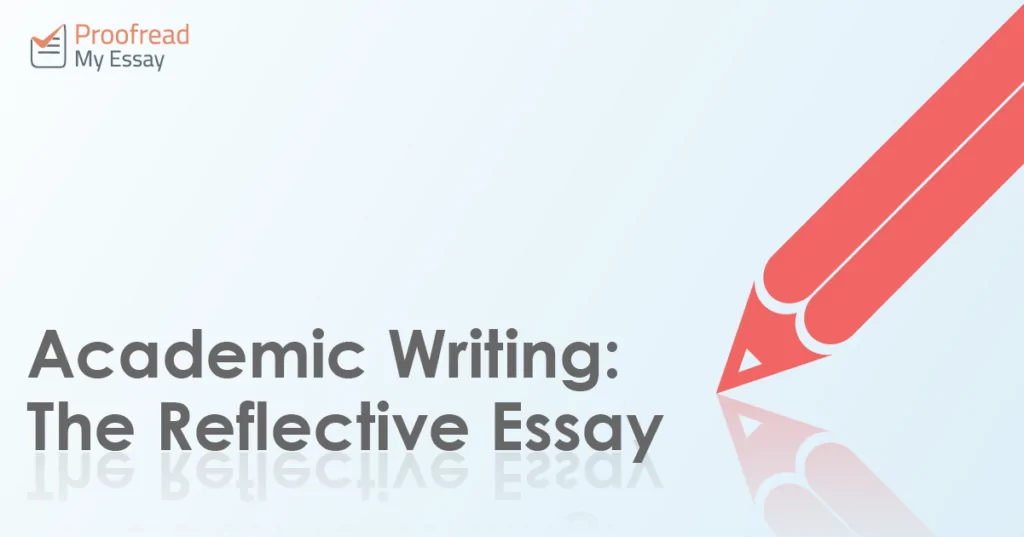If you are at university, you may be asked to write a reflective essay at some point. This is particularly common on courses with a work-based learning focus. But what exactly is a reflective essay?
What Is a Reflective Essay?
A reflective essay is a paper in which you write about your own experiences, a bit like an academic diary entry! The idea is to help you think about something that happened in your life.

For example, a student nurse might be asked to write a reflective essay on a work placement. They would then use this to highlight what happened and what they learned from the experience.
The Reflective Cycle
To see what your essay should include, we can look to Professor Graham Gibbs’ reflective cycle. This is designed to help people learn from experience and involves the following steps:
Find this useful?
Subscribe to our newsletter and get writing tips from our editors straight to your inbox.
- Description – A detailed description of what happened (i.e. the thing that prompted the reflection), including where and when it happened, who you were with, and what you did.
- Feelings – How you felt before, during and after the experience.
- Evaluation and Analysis – A look at the positives and negatives of the experience (e.g. what went right and what went wrong), along with how you understand it. This may involve discussing your experience in relation to ideas or practices you have learned in class.
- Conclusions – Any final thoughts on the experience, including what you have learned.
- Action – A plan for what you will do next, what you need to study, or what you would do differently in the same situation if it were to arise again.
The key is to make sure all of the above ‘steps’ are included somewhere in your reflective essay.
Structuring a Reflective Essay
While there are no hard rules about how to structure a reflective essay, it helps to keep things simple. The basic structure should therefore be something like this:
- Introduction – A short passage setting out what you are writing about.
- Main Body – This is where you write about your experiences, including describing what happened and how it made you feel. You will also need to evaluate and analyse what you describe, either as you describe it or in a separate paragraph after the description.
- Conclusion – A passage about what you have learned from the experience, including what you will do next and/or what you would do differently next time.
If you cite any sources in your essay, you will also need a reference list at the end. Cover all of these things in your work and you should have a good reflective essay on your hands! But if you need anyone to offer feedback on the clarity and structure of your work, feel free to get in touch.



